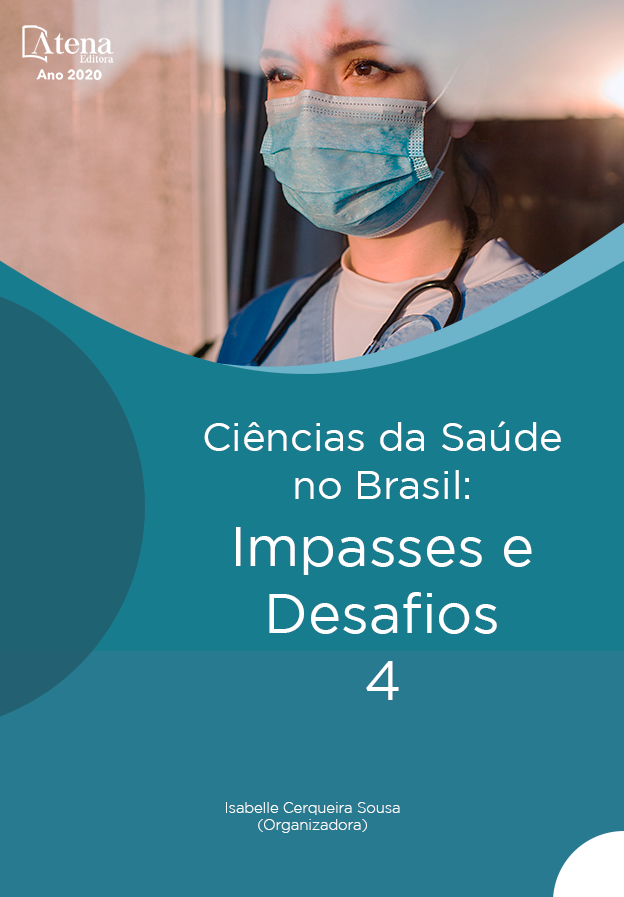
ATIVIDADES PRÁTICAS NA FORMAÇÃO DE MÉDICOS COM USO DE METODOLOGIAS ATIVAS
A medicina tem se transformado e evoluído nos últimos anos com a inserção das metodologias ativas no processo de aprendizagem. Essas metodologias problematizadoras e ativas, como o Problem Based Learning (PBL), são utilizadas com a finalidade de que estudantes de medicina adquiram o conhecimento de uma forma mais significativa. Inspirados pelo método de ensino, os alunos das Faculdades Pequeno Príncipe do primeiro período do curso de medicina, decidiram utilizar metodologias ativas em atividade proposta pelo curso, visando à conscientização a respeito do abuso sexual infantil, realizada em uma escola municipal de Curitiba/PR. A prática consistiu em atividades lúdicas com o intuito de abordar crianças de 8 a 12 anos sobre cuidados de higiene pessoal e identificação precoce de abuso sexual infantil. Foram realizadas duas atividades: uma com a estratégia da gesticulação como forma de mostrar a importância dos cuidados de higiene pessoal, outra, com um jogo de tabuleiro, em que haviam ilustrações sobre instituições de proteção infantil. A adesão e o interesse das crianças às brincadeiras, mesmo trazendo temas de discussão complexa surpreendeu ao grupo, já que as crianças, mesmo com pouca idade mostraram maturidade e sabedoria frente a alguns questionamentos difíceis. A partir do método ativo, como a atividade foi proposta, os estudantes de medicina puderam obter relatos de situações vividas por essas crianças ou familiares resultando em uma reflexão rica sobre a realidade daquela escola e de como o abuso sexual infantil pode ser muito mais comum do que se espera. Nesse caso, o médico da Atenção Primária torna-se um agente de grande importância para identificar a violência contra criança, nem sempre aparente. Além disso, desenvolver atividades educativas e lúdicas nas comunidades permite uma experiência construtiva para o estudante de medicina, cuja realidade vivenciada impacta diretamente na formação profissional.
ATIVIDADES PRÁTICAS NA FORMAÇÃO DE MÉDICOS COM USO DE METODOLOGIAS ATIVAS
-
DOI: 10.22533/at.ed.26920250913
-
Palavras-chave: Promoção da saúde, Educação em saúde, Serviços Preventivos de Saúde, Medicina Comunitária, Saúde da Criança.
-
Keywords: Health Promotion, Health Education, Preventive Health Services, Community Medicine, Child Health.
-
Abstract:
Medicine has changed and evolved in recent years with insertion of active methodologies in the learning process. These problematizing and active methodologies, as Problem Based Learning (PBL), are used for the purpose that medical students acquire knowledge in a more meaningful way. Inspired by learning method, students of Faculdades Pequeno Príncipe of the first period of the medical course, decided to use active methodologies in proposed activity, aimed at raising awareness about child sexual abuse, realized in a municipal school in Curitiba/PR. The practice consists of recreational activities with the aim of approaching children aged 8 to 12 about personal hygiene care and early identification of child sexual abuse. Two activities were carried out: one with the strategy of gesticulation as a way of showing the importance of personal hygiene care, the other with a board game, in which there were illustrations about child protection institutions. The children's adherence and interest in playing, even bringing complex discussion topics, surprised the group, since the children, even at a young age, showed maturity and wisdom in front of some difficult questions. From the active method, as activity was proposed, medical students were able to obtain reports of situations experienced by these children or family members resulting in a rich reflection about the reality of that school and how child sexual abuse can be much more common than expected. In this case, the primary care physician becomes an agent of great importance in the sense of identifying violence against children, which is not always apparent. In this case, the Primary Care physician becomes an agent of great importance to identify violence against children, which is not always apparent. In addition, developing educational and recreational activities in the communities allows a constructive experience for medical student, whose reality has direct impact on professional training.
-
Número de páginas: 6
- Larissa Dill Gazzola
- Gustavo Watanabe Lobo
- Adriana Cristina Franco
- Izabel Cristina Meister Martins Coelho
- Jaciane Cardoso Leandro


